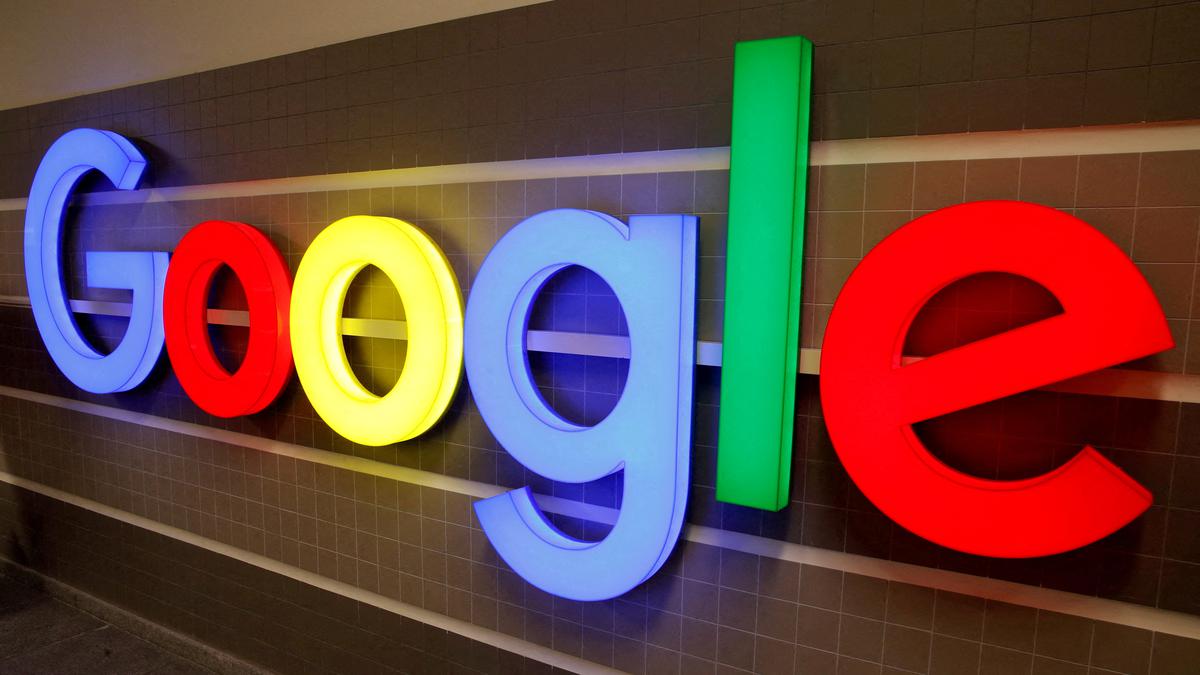As the U.S. government’s antitrust trial against Google draws to a close, it marks just the beginning of a series of major legal battles aimed at curbing the power of Big Tech companies.
Led by the Justice Department and the Federal Trade Commission (FTC), these cases target tech giants like Amazon, Apple, Google, and Meta (formerly Facebook) for alleged monopolistic practices.
Initiated during the Trump administration, investigations into these tech behemoths have resulted in lawsuits accusing them of stifling competition and harming consumers. While the companies vehemently deny these allegations, the government is pressing forward with its legal actions.
Inside the Legal Battle Reshaping Silicon Valley’s Power Dynamics

In the case of Amazon, the FTC and 17 states have sued the e-commerce giant, alleging that it maintains a monopoly by disadvantaging third-party sellers on its platform and favoring its own services. Amazon refutes these claims, arguing that it offers competitive prices and benefits consumers.
Similarly, Apple faces accusations of monopolizing the smartphone market and blocking competition through restrictive practices.
The Department of Justice, along with 15 states and the District of Columbia, filed a lawsuit alleging that Apple’s policies limit consumer choice and inflate prices. Apple has countered by asserting that its decisions enhance user experience and promote innovation.

Google, already embroiled in an antitrust suit over its search business, is now confronting another lawsuit related to online advertising.
The Justice Department, joined by several states, alleges that Google has engaged in anticompetitive behavior by acquiring rivals and exerting undue influence over publishers and advertisers. Google contests these claims, emphasizing the competitiveness of the ad technology market.
Meanwhile, Meta finds itself entangled in a legal battle stemming from its acquisition of Instagram and WhatsApp. The FTC accuses Meta of monopolizing social media and depriving consumers of alternative platforms. Meta argues that its acquisitions were driven by innovation and denies any intent to stifle competition.

As these high-profile cases unfold, they signal a broader regulatory crackdown on Big Tech’s dominance. With the outcomes of these legal battles poised to shape the future of the tech industry, stakeholders await the rulings that will define the boundaries of competition and innovation in the digital age.







Leave a Reply